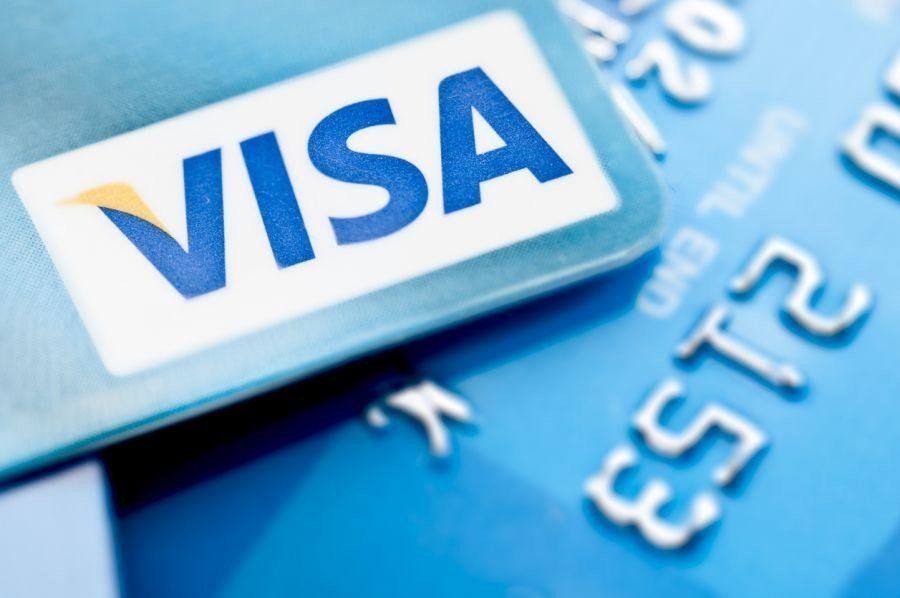[ad_1]

Visa and Mastercard, the two largest payment card network processors in the world, have decided to push back the launch of their crypto-related products and services due to uncertain market conditions.
The payment giants also plan to slow down their crypto push and pause new partnerships with companies working in the digital asset space following the recent crypto meltdown that saw a number of high-profile industry players collapse, Reuters reported Tuesday, citing people familiar with the matter.
“Recent high-profile failures in the crypto sector are an important reminder that we have a long way to go before crypto becomes a part of mainstream payments and financial services,” a spokesperson for Visa reportedly said.
However, the spokesperson mentioned that the decision does not impact the company’s strategy and focus on digital assets. Meanwhile, a spokesperson for Mastercard said:
“Our efforts continue to focus on the underlying blockchain technology and how that can be applied to help address current pain points and build more efficient systems.”
The change in policy comes as both payment giants have been aggressively pursuing opportunities in the crypto space over the past years.
Mastercard and Visa Retreat Despite Having Big Plans for Crypto
Both Visa and Mastercard had big plans for crypto, touting it as the next big thing in finance and payments.
Just recently, Mastercard announced a partnership with Web3 payment protocol Immersve to allow users to make crypto payments on digital, physical, and the metaverse worlds. The company planned to use decentralized protocols to settle real-time cryptocurrency transactions on outlets accepting Mastercard payments.
Similarly, Visa announced earlier this month that it seeking to build “muscle memory” around settlements, with plans to allow customers to convert digital assets to fiat currencies on its platform.
In October last year, Mastercard said that crypto assets have the potential to transform the financial infrastructure and outlined five key areas that can help “turn cryptocurrencies into an everyday way to pay.”
At the time, Raj Dhamodharan, executive vice president of Digital Asset and Blockchain Products & Digital Partnerships at Mastercard, said “someday soon” we would be able to spend cryptocurrencies as seamlessly as contactless card payments.
U.S. Crackdown on Crypto Intensifies
The retreat in crypto plans is largely attributed to increasing regulatory pressure in the US, Thomas Hayes, chairman and managing member at investment firm Great Hill Capital, said. “They cannot and should not move ahead until there is a clear regulatory framework,” he added.
Earlier this month, the New York Department of Financial Services (DFS) ordered Paxos, a crypto firm that issues Binance’s stablecoin Binance USD (BUSD), to stop minting BUSD. Subsequently, it was revealed that the SEC plans to sue the company over its BUSD issuance. The agency argued that BUSD is considered an unregistered security.
The SEC also reached an agreement with crypto exchange Kraken to stop offering staking services or programs to clients in the country and pay $30 million to settle allegations that failed “to register the offer and sale of their cryptoasset staking-as-a-service program,” which the commission qualified as securities.
[ad_2]
cryptonews.com




